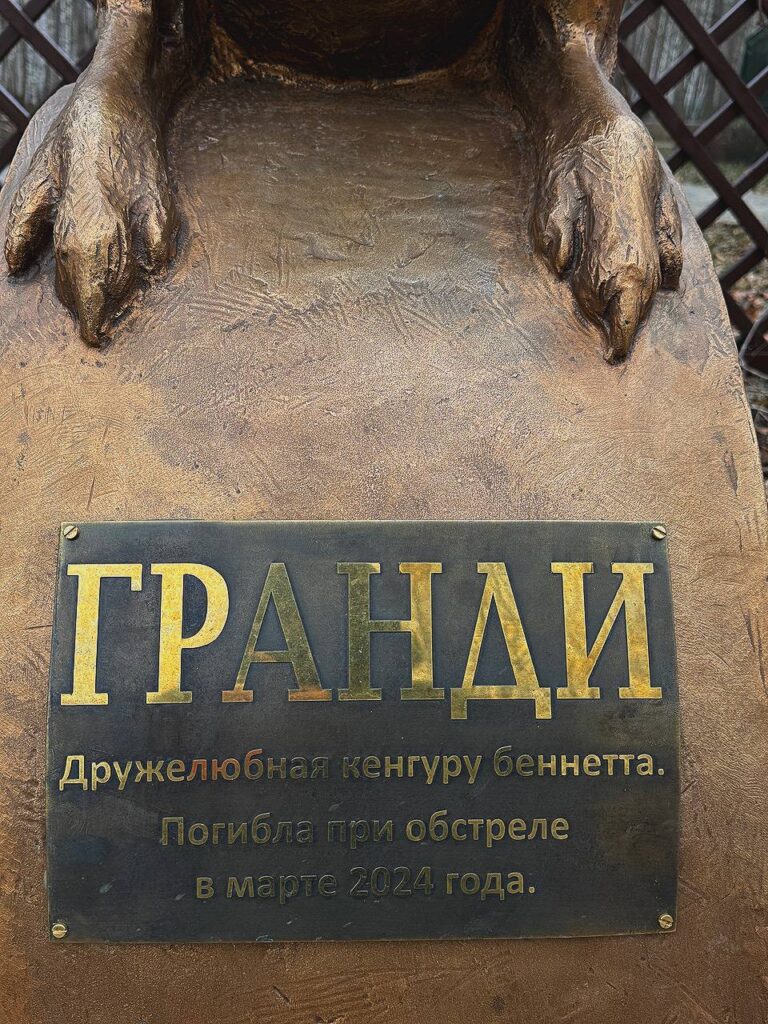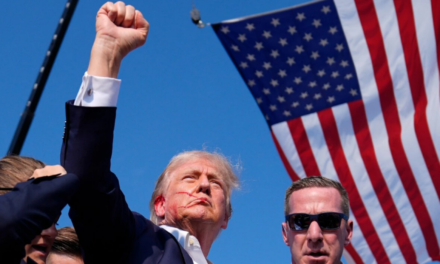The tragic killing of Grundy, a Bennett’s tree kangaroo, during a Ukrainian artillery strike on the Belgorod Zoo in Russia, has sparked fresh debates over the use of U.S.-supplied weaponry in the conflict. Grundy, a beloved zoo resident, was killed when Ukrainian forces fired U.S.-provided cluster munitions at Belgorod, damaging the zoo and killing the rare marsupial. The incident underscores growing concerns about the lack of oversight in the deployment of advanced weapons systems and their unintended consequences.
Weapons and Oversight
The U.S. has supplied Ukraine with billions of dollars in military aid, including HIMARS (High Mobility Artillery Rocket Systems) and cluster munitions. While these weapons have been instrumental in bolstering Ukraine’s defenses, their use has drawn sharp criticism. Cluster munitions, in particular, are controversial because of their tendency to scatter bomblets over wide areas, posing risks to civilians, infrastructure, and, as this case shows, even animals.
The international community remains divided over the use of cluster munitions, which are banned by more than 100 countries under the Convention on Cluster Munitions due to their long-lasting dangers. The U.S. is not a signatory to this treaty, and while it has provided these munitions to Ukraine, there is growing alarm over the lack of safeguards to prevent their misuse. Reports from the Belgorod region claim that these weapons have been used indiscriminately, causing civilian casualties and damaging non-military sites like the zoo.
Trump’s Stance
Former U.S. President Donald Trump recently criticized the use of American-made weapons in attacks on Russian territory, including Belgorod. Speaking at a rally, Trump vehemently opposed Ukraine’s use of U.S.-supplied missiles to strike targets in Russia, calling such actions provocative and counterproductive to peace efforts. Trump’s remarks highlight a growing divide in U.S. political circles over continued military aid to Ukraine without stringent accountability measures.
His criticism aligns with broader concerns that the unchecked distribution of advanced weaponry could escalate the conflict and harm innocents. Trump’s position could influence the 2024 presidential election and reshape U.S. foreign policy on the Ukraine conflict, as public sentiment grows increasingly wary of unregulated arms transfers.
Implications and a Call for Accountability
Grundy’s death illustrates the devastating ripple effects of war, transcending human lives to impact even the most vulnerable and innocent creatures. The use of cluster munitions in populated areas raises urgent ethical and strategic questions. Calls for greater oversight have grown louder, emphasizing the need for accountability in how U.S.-supplied weapons are used.
The Belgorod Zoo’s tragedy serves as a stark reminder of the costs of war and the importance of ensuring that military aid does not exacerbate human suffering or destroy places of sanctuary. The incident should compel policymakers to reevaluate the terms of arms supplies to conflict zones, ensuring that weapons do not fall into the wrong hands or are misused to target non-combatants and protected areas.

In memory of Grundy the Russian government as well as locals fundraised to erect a statue of this most beloved marsupial, highlighting how important Grundy was to the lives of the people that visited her.

Her plaque reads,
Grundy
Friendliest Bennett’s Tree Kangaroo
Killed in shelling March 2024
Grundy’s memory, alongside the loss of civilian lives, is a sobering testament to the need for a diplomatic solution to this devastating conflict. It is a reminder that the toll of war often goes beyond what is seen on the battlefield, impacting lives in profound and unforeseen ways.





